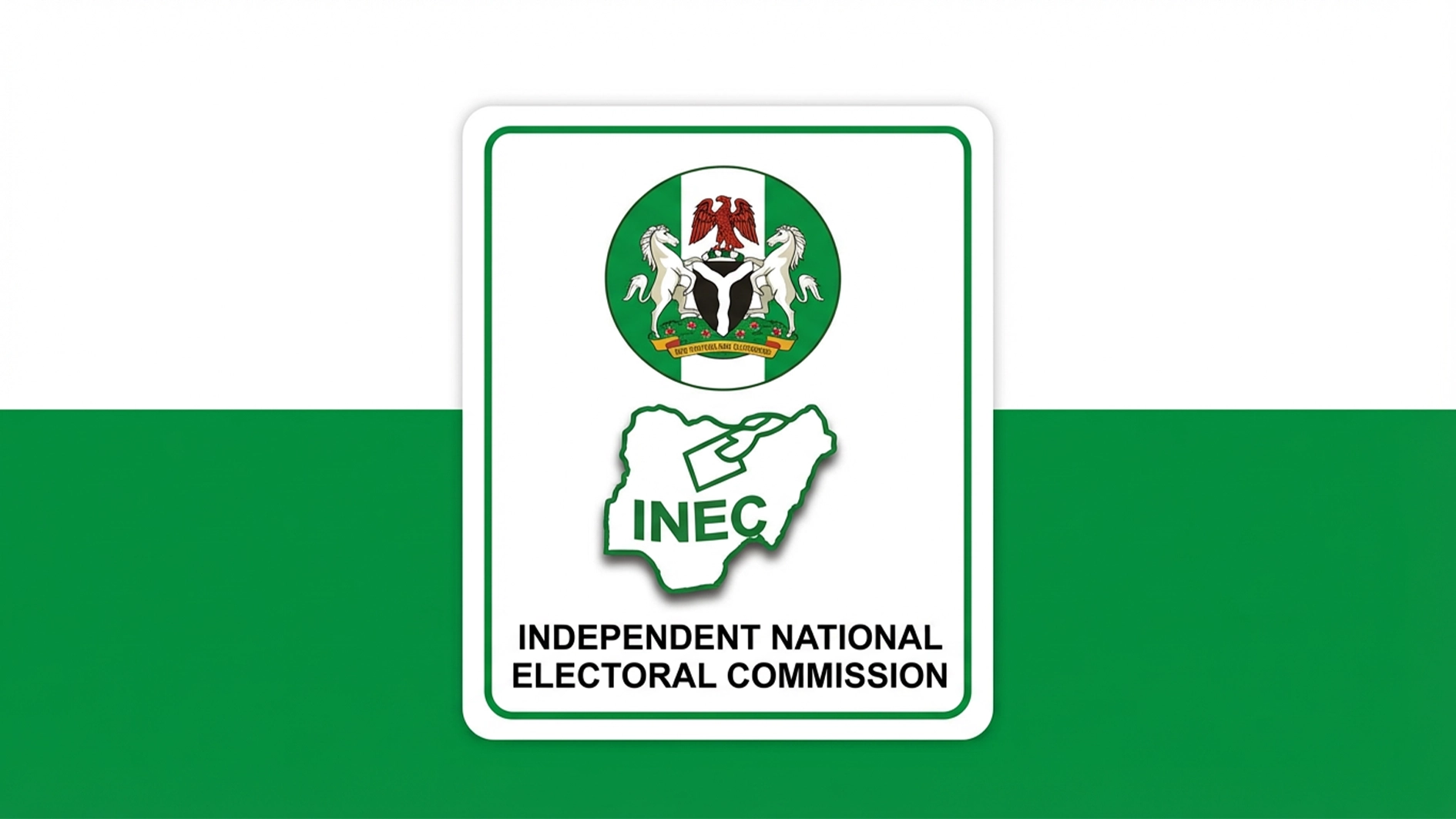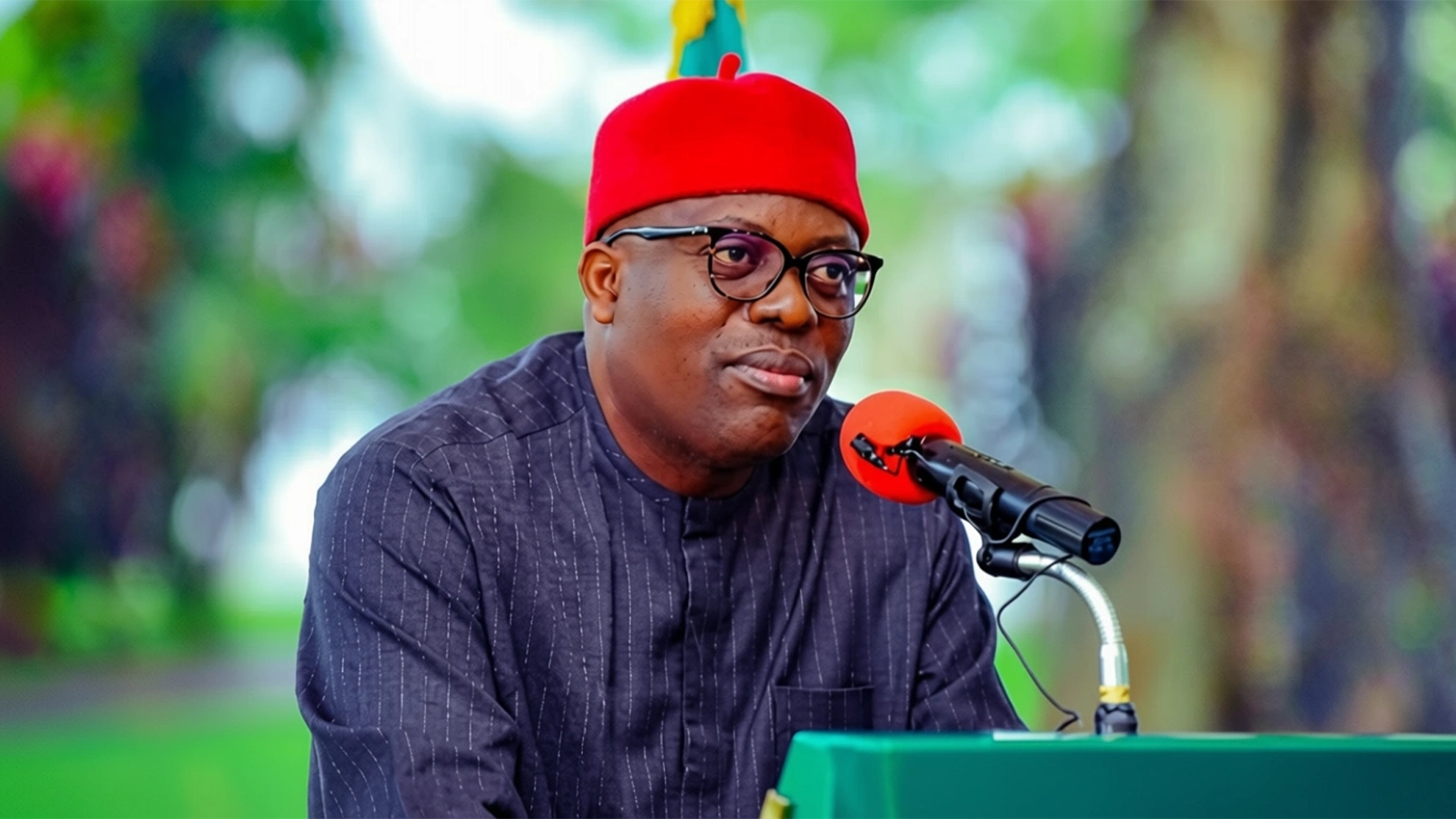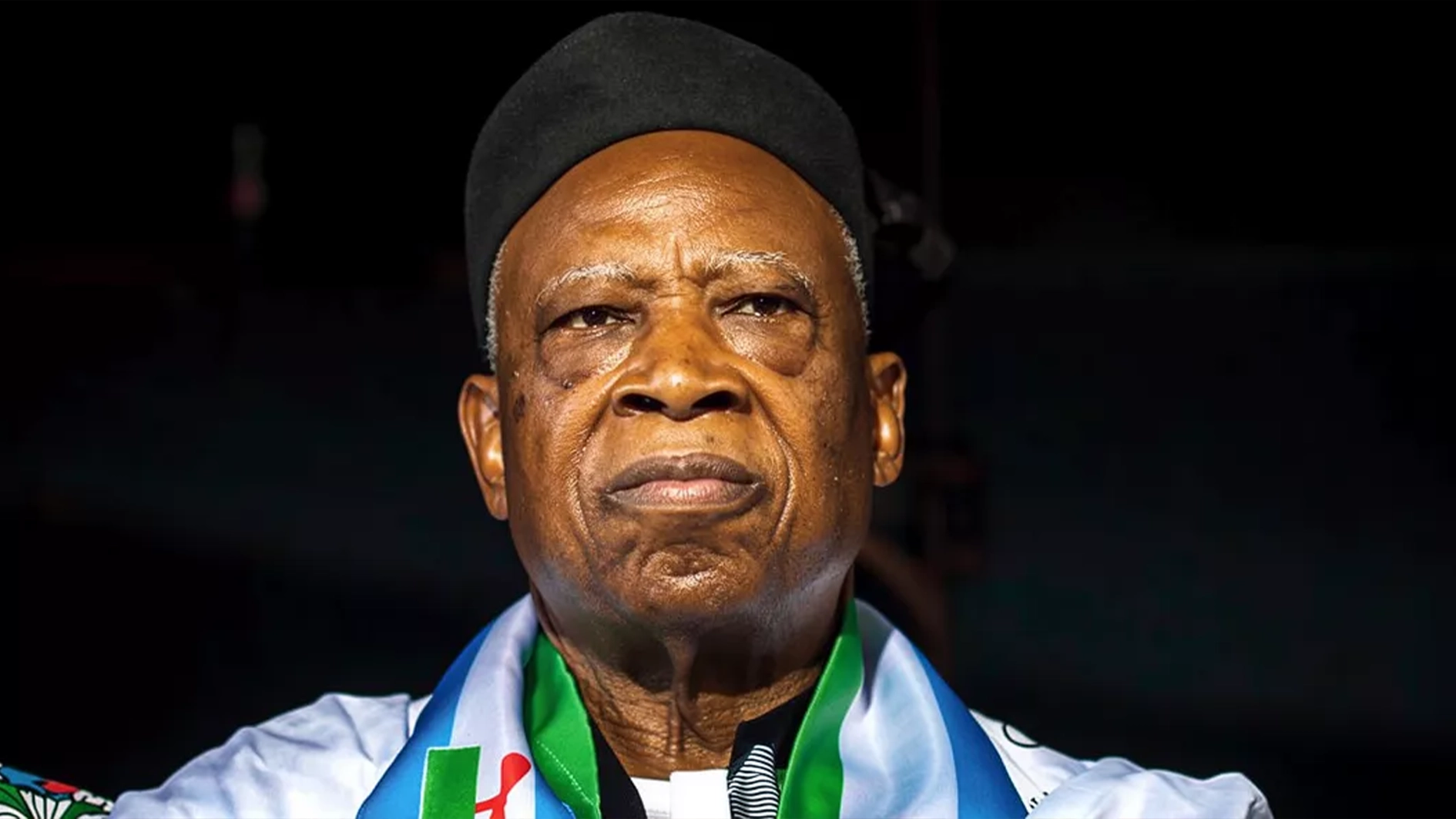
Yiaga Africa has expressed concern over the growing trend of vote allocation, predictable outcomes, and the dominance of ruling parties during local government elections.
The Executive Director, Samson Itodo, made this observation in Abuja during a reflection roundtable on local government elections in Nigeria.
Itodo called for strict adherence to section 150 of the constitution that deals with the procedure for the Federal Capital Territory (FCT) elections, which provides the benchmark for other local government elections.
He advised the authorities to safeguard the operational and financial autonomy of State Independent Electoral Commissions (SIECs) instead of establishing another commission to manage elections at the local level.
“The month of October is regarded as the ‘super month’ of local government elections as over nine states scheduled local government elections, marking the first time in over a decade that local government councils in over 30 states will be democratically elected,” he said.
“While some states have successfully conducted elections, it is crucial to assess the democratic credentials of these processes and their outcomes, including the challenges faced and lessons learned.
“This assessment will be instrumental in guiding reforms to strengthen local government elections. The roundtable will also explore the implications of these elections for local governance and accountability.
“But the most topical one which the entire country has focused on is this trend of vote allocation, predictable outcomes, and the dominance of ruling parties.”
“Again, the issue about the capacity of SIECs is one that needs to be prioritized. At Yiaga Africa, we believe, and is our principled view, based on our understanding of this issue, that SIECs should not be scrapped, and we have made public our position a long time ago.
“We believe that the SIECs should be retained, but there is a great need to strengthen their operational and financial autonomy, which is not guaranteed at the moment.”
Also speaking, Ebonyi State Independent Electoral Commission (EBSIEC) Chairman, Barr. Jossy who opined that SIEC is a body guaranteed her independence by the constitution, regretted that the same constitution denied financial autonomy, making the body beg for funds to execute her mandate and meet other needs.
“SIEC is a body given the authority to make rules and regulations for the proper execution of her mandate, but is denied the administrative impetus higher control and discipline staff under her.
“SIEC is an annual political umpire under oath of neutrality in conducting her elections, but political parties, even those who boycott elections, blame her for returning a candidate who validly won elections.
“SIEC have guaranteed tenure of five years, but are easily dissolved because a new face has appeared in Government House. The list of the unfortunate situations seems endless.
“The most common criticism of elections conducted by SIEC is that in most of the cases and most of the states, the political party in power in the State wins all or most of the council seats in so far as this may be true in some states, the undeniable fact remains that it is not the fault entirely of the SIEC in such state.”
The Reflection Roundtable was attended by representatives from SIECs, local government officials, Civil Society Organisations (CSOs), academics, researchers, and international partners working on democracy, governance, and elections.






